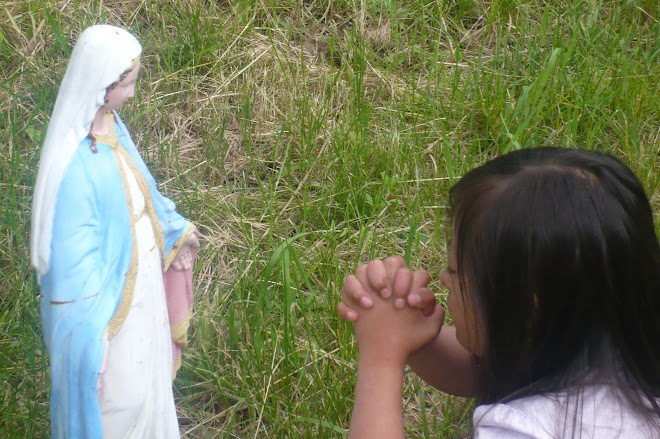 I took my girls, ages 14 and 10, to a preview of An Arctic Tale (rated G) to get their reactions to what promised to be a beautiful film. Warmly narrated by Queen Latifah, with a screenplay written in part by Kristen Gore, An Arctic Tale features breathtaking nature footage of the arctic. An Arctic Tale surpassed any TV nature films I have seen, National Geographic has outdone themselves here, however this is no ordinary nature film.
I took my girls, ages 14 and 10, to a preview of An Arctic Tale (rated G) to get their reactions to what promised to be a beautiful film. Warmly narrated by Queen Latifah, with a screenplay written in part by Kristen Gore, An Arctic Tale features breathtaking nature footage of the arctic. An Arctic Tale surpassed any TV nature films I have seen, National Geographic has outdone themselves here, however this is no ordinary nature film.We meet a baby girl walrus and her clan, and watch her grow and learn to catch food and pull up on the ice. When the polar bear cubs emerge from their birthing cave, we see their adjustment to outdoor life, learning to hunt seals with their mother under the ice. The baby animals are, of course, engaging and the children begin to care about them.
The next season, the ice melts early causing problems for both walrus and bear cubs' ability to obtain food and rest. We watch scene after scene of these animals struggling with lack of polar ice, going hungry, and we are told, ' if we don't reverse Global Warming which is responsible for the melting of the polar ice, all these creatures will soon die. '
I haven't seen any reviews of this film yet, but I imagine the critics will wax poetic about this film's 'inconvenient message'. It seems that Global warming is one of a short list of causes for which a film can become didactic, without drawing fire from the establishment.
As a parent, I was not pleased with this attempt at manipulation of my children's feelings, especially the lectures given by children during the credits, on how to save the polar bears by turning off lights. I know young children may carry a sense of guilt if they forget. Or is that the point?
Don't get me wrong, I love nature and consider myself a conservationist. After all I was a child of the 70's. It's just that I have seen another perspective on the issue of melting polar ice. I recently read an article online explaining how melting polar ice released frozen plankton which is providing a new food source, leading to increasing population of many sea creatures. So, how do we decide whether the seal or the walrus should prosper? Is this a natural cycle of temperature fluctuation, or a result of our domination of the planet?
Manilo Sodi, a professor of theology at the Pontifical Salesian University in Rome, summarized personal responsibility for the environment at the World Environment Day. He said that a healthy ecology "encourages an examination of conscience; offers an opportunity for formation; looks at the person in all its greatness and integrity; calls for the formulation of laws and regulations that demonstrate the harmony between person and nature (and) respects the environment so that, as it was received, it can be passed on to others."I'll take his point of view.
If your children could watch An Arctic Tale without being haunted by the hungry animals each time they turn on the air conditioner, then go and enjoy the movie. If not, wait for the next Animal Planet special on the Arctic.

2 comments:
As a product of the first wave of hysterical green indoctrination to hit the public schools (early 70's), I have just gotten over my horror of individually wrapped cheese slices. Now this.
The movie never even uses the words Global Warming in it. It is not trying to be political, it is simply an inspirational Tale, showing how amazing the animals are in their ability to adapt and respond to change.
Why is it that people must think that everything is political.
The children at the end only suggest how we can live more sustainable lives - what on earth is wrong with that idea? And how is that scary?
Post a Comment